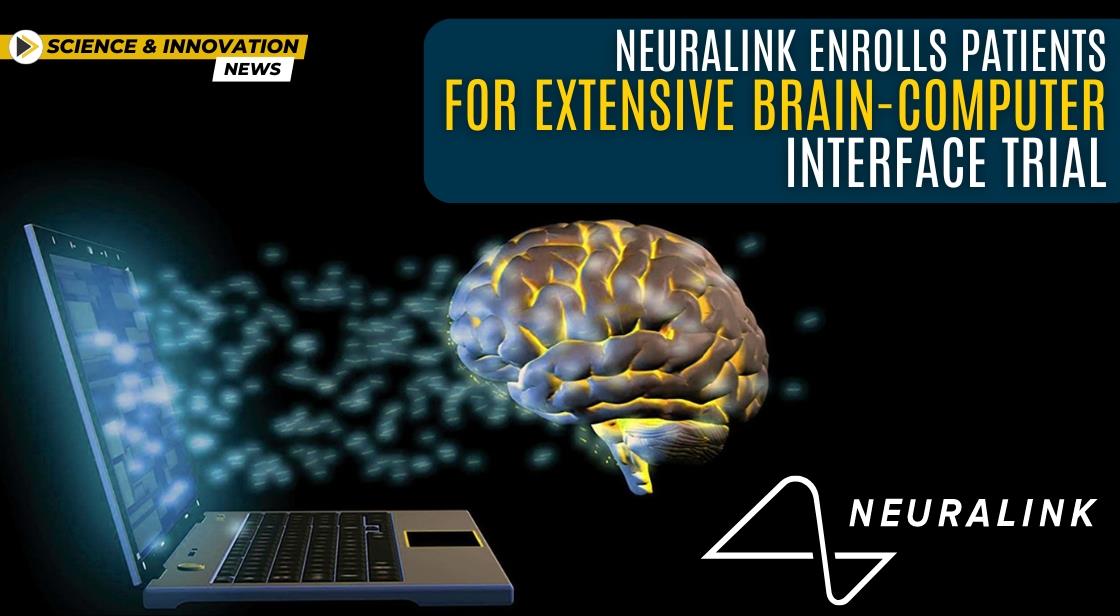Neuralink Enrolls Patients for Extensive Brain-Computer Interface Trial

News Synopsis
Elon Musk's Neuralink is taking a significant step forward in its mission to revolutionize human-computer interaction. According to a Reuters report citing the US government's clinical trials database, the company plans to enroll three patients in a groundbreaking study to evaluate its brain-computer interface (BCI) implant over several years.
Restoring Independence: The Potential of Brain-Computer Interfaces
This study holds immense promise for individuals with paralysis. Neuralink's BCI implant is designed to allow them to control digital devices using their thoughts alone. This innovative technology has the potential to significantly improve the quality of life for people with spinal cord injuries and other conditions that limit mobility.
A Closer Look at the Neuralink Study
The research will involve a minimally invasive surgical procedure using a robot to precisely place the BCI implant in the brain region responsible for movement intention. While Neuralink received FDA approval for human trials last year, the company has reportedly been fielding inquiries from potential participants for years, highlighting the significant interest in this technology.
The success of this initial human trial in January 2024 serves as a major milestone. Neuralink successfully implanted its device in Noland Arbaugh, a patient paralyzed from the shoulders down due to a diving accident. Following implantation, Arbaugh was able to play video games, browse the internet, and control a computer cursor with his thoughts alone, as documented in company blog posts and videos.
Eligibility Criteria for the Trial of Neuralink Study
To be eligible for the trial, patients must meet specific criteria. They must have experienced limited mobility for at least a year with no signs of improvement, and a life expectancy of at least 12 months. The study will target individuals aged 22 to 75 with conditions like quadriplegia.
A Potential Game Changer for Paralysis
Neuralink's study has an ambitious timeline, aiming for primary completion by 2026 with the full study concluding by 2031. The research findings have the potential to revolutionize the field of BCIs and their ability to improve the lives of paralyzed patients. This technology could fundamentally transform how they interact with the world around them and engage with technology.
Revolutionizing Lives Through Brain-Computer Interfaces
By embarking on this groundbreaking study, Neuralink underscores its commitment to demonstrating the real-world applications of its BCI technology. The successful integration of this technology has the potential to dramatically improve the lives of those facing severe mobility challenges.
Neuralink Study Timeline and Objectives
Long-Term Evaluation
The study aims to achieve primary completion by 2026, with the overall study concluding by 2031. Over these years, Neuralink will gather crucial data on the BCI's efficacy, safety, and potential to enhance the quality of life for paralyzed individuals.
The research will explore the practical applications of BCIs, providing insights that could lead to significant advancements in how patients with severe mobility impairments interact with technology and their surroundings.
By conducting this extensive study, Neuralink seeks to validate the transformative potential of its BCI technology. The company aims to demonstrate how these implants can revolutionize the lives of those with severe mobility challenges, offering new opportunities for independence and improved quality of life.
You May Like









